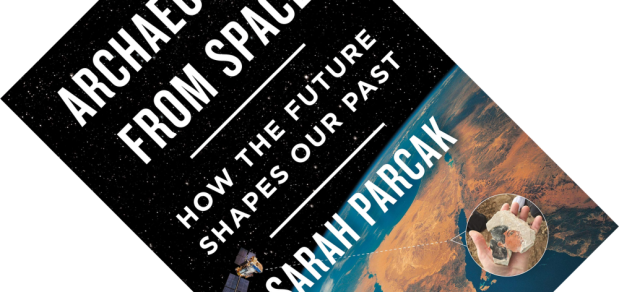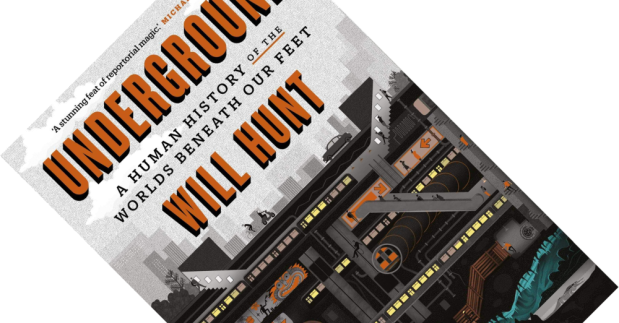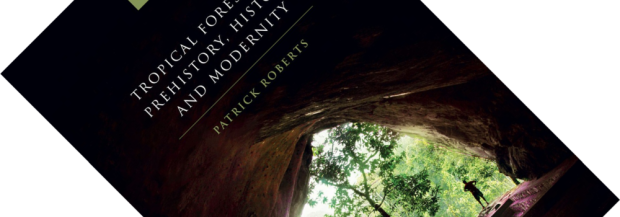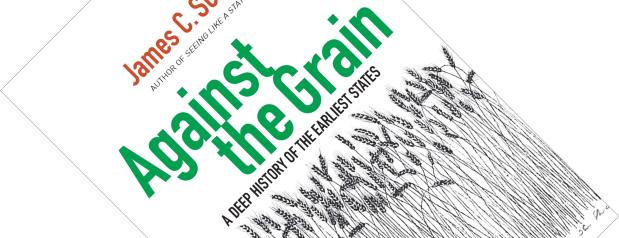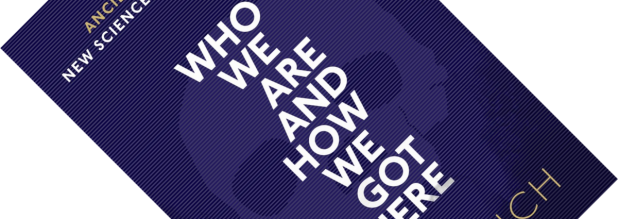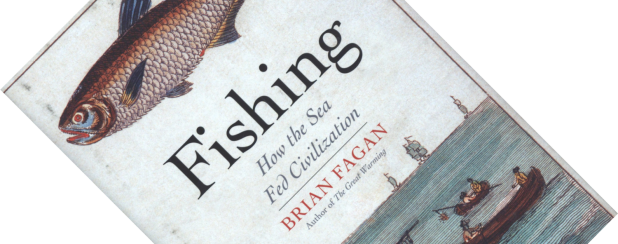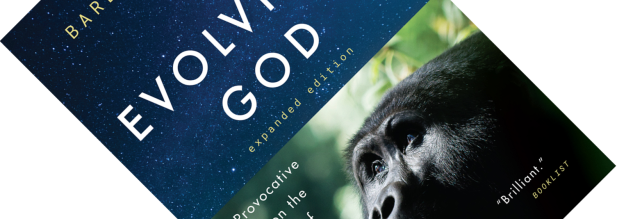What is better than archaeology? How about space archaeology. More properly known as remote sensing by satellite, the use of satellite imagery has set the field or archaeology alight. And professor of anthropology Sarah Parcak is one of its most enthusiastic torch-bearers. In a book that overflows with wonder, honesty, and hope, she takes the reader on a grand tour of remote sensing, showing how it is transforming this discipline.
archaeology
Book review – Underground: A Human History of the Worlds Beneath Our Feet
Underground spaces exert a strong pull on the imagination of most people, although for some this morphs into a fascination bordering on the obsessive. American author Will Hunt is one such person, part of a worldwide community of urban explorers who infiltrate into “the city’s obscure layers”. Though this encompasses more than underground spaces, they are a big part of it, and this book is Hunt’s story of how he fell in love with them. It is one of two big books published only five months apart on the subterranean realm, and I previously reviewed Robert Macfarlane’s Underland: A Deep Time Journey. Here I will turn my attention to Underground.
Book review – Tropical Forests in Prehistory, History, and Modernity
Primaeval, pristine, playground of Indiana Jones, home to ancient ruins and primitive tribes – nothing says wilderness more than tropical rainforests. They have had a firm grip on our collective imagination for centuries as the antithesis of civilization. But after reading archaeologist Patrick Roberts’s Tropical Forests in Prehistory, History, and Modernity, it seems my introduction is a load of lyrical rubbish. Synthesizing an enormous body of scientific literature, this book dispels the Victorian-era explorer-mystique to reveal a picture that is far more fascinating.
Book review – Against the Grain: A Deep History of the Earliest States
History books tend to portray the transition of humans as hunter-gatherers to farmers – and with it the rise of cities, states and what we think of as civilization at large – as one of progress and improvement. But with Against the Grain: A Deep History of the Earliest States, political scientist and anthropologist James C. Scott challenges this narrative. That our switch to an existence as sedentary farmers impacted our health is something I was familiar with from palaeopathological findings, see for example Ungar’s Evolution’s Bite: A Story of Teeth, Diet, and Human Origins or Hassett’s Built on Bones: 15,000 Years of Urban Life and Death. But Scott tackles this subject from many angles, summarising accumulating archaeological and historical evidence to provide a fine counter-narrative.
Book review – Who We Are and How We Got Here: Ancient DNA and the New Science of the Human Past
You may have missed it, but archaeology is undergoing a silent revolution. The story of our deep history used to be based on skeletal remains, linguistics, and the analysis of objects and tools our ancestors left behind, but since about three years archaeologists have a new tool in their arsenal. The analysis of DNA from old bones, or ancient DNA. David Reich has been at the forefront of developing this technique and argues that it is rewriting most of what we thought we knew about the last 350,000 years or so of human history. Brace yourself, things are about to get complicated…
Book review – Fishing: How the Sea Fed Civilization
Brian Fagan is a celebrated archaeologist and author who has written many books on the topic of environmental history. Several of these sit on my shelves, though I admit this is the first book by his hand that I have read. With Fishing, Fagan presents a deep history of fishing from the time of our human ancestors up to the present day, highlighting its overlooked role in the history of human civilization. His story spans the globe and pieces together a fragmented and complicated puzzle.
Book review – Evolving God: A Provocative View on the Origins of Religion
Once you have worked in the book industry for a while, you will notice that publishers like to throw around words like “provocative” and “paradigm-shifting” when promoting new books. And so it is with Evolving God, the subtitle of which promises a provocative view on the origins of religion. If you’re expecting religion-bashing as done by the likes of Richard Dawkins, look elsewhere. Though she speaks of the human religious imagination, she early on makes it clear that she herself does not wish to imply that humans make up their deities, nor does she claim that sacred beings are real in our world. This is outside of the realm of scientific inquiry and she remains agnostic on these matters. So much for being controversial.

